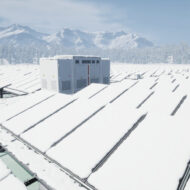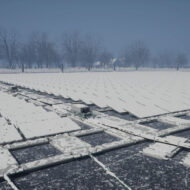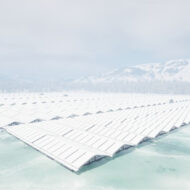Floating solar systems on water
Fill out the application
Recommended for floating water installation solar panels Q-CELLS with double glass (front-back), 25-year product warranty and increased snow load 8100 Pa (Standard 5400 - 6000 Pa), as well as with the increased quality TÜV Rheinland ``Quality Controlled PV`` certificate.
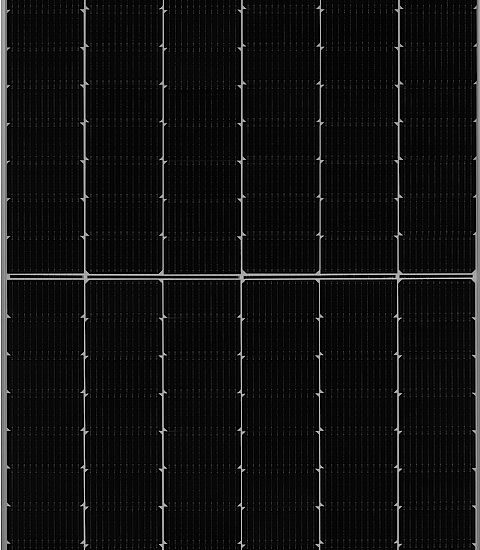
Q.PEAK DUO ML-GS11 + SERIES
Installation roof, ground, water
Efficiency up to 21.5%
Power up to 420w
Enhanced quality TÜV Rheinland “Quality Controlled PV”
IEC TS 63209 certified
Increased snow load 8100 Pa (standard 5400 Pa)
25-year product warranty
25 year power performance warranty
Download the data sheet
Download the installation guide

Q.PEAK DUO ML-G11S.2 + SERIES
Assembly roof, ground, water
Efficiency up to 21.5%
Power up to 510w
Improved quality TÜV Rheinland “Quality Controlled PV”
IEC TS 63209 certificate
25-year product warranty
25 year power performance warranty
Download the data sheet
Download the installation guide
Hanwha Q Cells is one of the largest solar panel manufacturers in the world. Hanhwa Q Cells has been involved in the installation of floating solar power plants in several countries. Its floating solar panel module “Q.PEAK DUO Poseidon” is made of environmentally friendly materials with improved moisture resistance and is ideal for hot, humid environments. The Q.PEAK DUO Poseidon is also highly resistant to salinity and tests have confirmed the best performance of solar panels in marine environments.
Current development. Hanhwa Q Cells is responsible for the Hapcheon Dam Project (South Korea), Hanwha Q-Cells has been selected to install a 63MW floating solar system on Goheung Lake, South Korea’s Jeolla Province, and is expected to supply the energy demand of 90,000 household users per year after the project is completed. As Hanhwa Q Cells is attached to the floating solar power plant project at Hapcheon Dam in Korea, where the world’s largest floating solar power plant will be built, these projects will increase Hanhwa Q Cells’ cumulative Q.PEAK DUO Poseidon sales to the 100 MW mark.
The most advanced floating solar technology

Q-Cells floating solar station installation example
In the Netherlands, in 2018, the largest floating solar power plant was installed in a water reservoir located in the Lingewaard area with a capacity of 1,830MW. In this project, 6,100 units of Hanwha Q Cells 300W solar panels (Q.PEAK) were installed on water, covering 15,800 m², to produce more than 1,800 MWh of electricity annually, enough to satisfy 400 households.
Future trends of floating solar systems
« The FPV (Floating solar systems) market grew to 2 GW of globally installed capacity in 2020. DNV foresees a total of 7 to 11 GW to be installed by 2025 with a major increase from 2023 onwards. » PV Magazine. – https://www.pv-magazine.com/
FLOATING SOLAR STRUCTURES
• Compatible with multiple types of ponds and adapted to variable environmental conditions
• Available in several sizes
• PV module fixation system available in 5° and 12°
• Maintenance floats for an easy maintenance access
• Our product range can fit large frame PV modules (M6 to M12) up to 700 W
POSSIBLE PRODUCTS CONFIGURATIONS
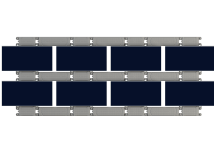
A row of one construction
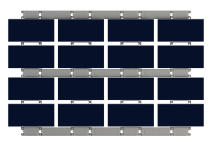
2-in-a-row
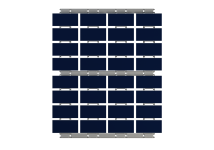
4-in-a-row
Floating solar system
Floating solar systems offers an efficient and environmentally friendly solution to your energy needs. Our system is compatible with standard photovoltaic modules and it is also suitable for installations of any size. It allows you to fully take advantage of the potential of your unused water surfaces. The cooling provided by the water prevents the overheating of the system, thus you can benefit from optimal energy production.


Single orientation

East / West orientation
Technical data
Avantages
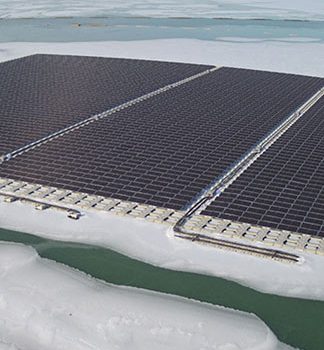
An example of a project suitable for the climate zone of Latvia
LOCATION: New Jersey, USA
CAPACITY: 3 304 kWp
APPLICATION: Sand quarry lake
TECHNOLOGY: Hydrelio® Classic
NUMBER OF PV MODULES: 8 060
ABOUT PV MODULES POWER: 410 W
ABOUT THE ANCHORING
SYSTEM: Bank and bottom
TECHNOLOGY: Helical anchor
The Netherlands is also embracing floating solar technology. With inland waterways that have a total area of 7,650 km², it stands to reap a great benefit from floating solar technologies. In 2018, it installed a large floating solar power plant in a reservoir located in the area of Lingewaard. In this development, 6,100 units of a Hanwha Q Cells 300 W photovoltaic module (Q.PEAK) were installed on water spanning 15,800 m² to produce over 1,800 MW of electricity each year, which is enough to meet the energy needs of 400 -person households.
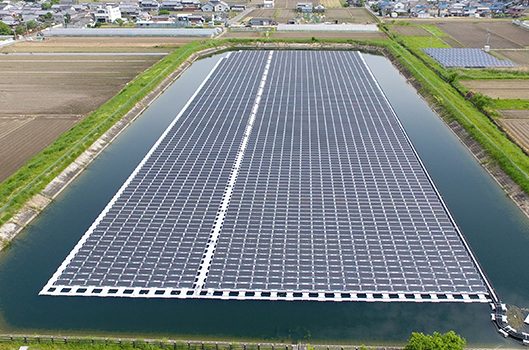
SOLUTIONS FORAREAS WITH HIGH LEVELSOF SNOWFALL
Floating solar systems are compatible with projects located in very cold areas. Consider a “cold zone” when the project can face temperatures from 0°C to -40°C/F and a snow load exceeding 350N/m² (62 psf).
To meet this site characteristics, use :
a combination of laboratory testing (e.g. compliance with UL2730),
field observation through projects installed in extremely cold regions.
Accordingly, design floats to withstand cold, ice and snow. Depending on the characteristics of your site, we have the right float for your needs.
